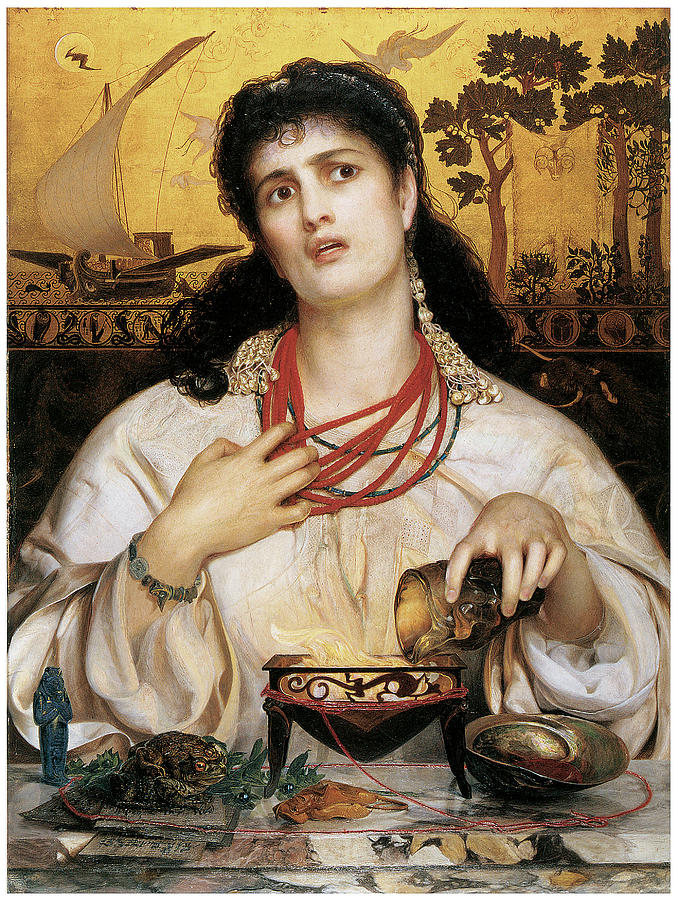By ("The Atlantic," August 17, 2012)
Extracted from http://wwrn.org/articles/37876/
The path to democracy hardly begins and ends with elections. There is necessarily a lot of heavy lifting along the way to ensure that a full set of human rights are protected. In the reconstituted Arab states of Tunisia, Egypt, and Libya, balancing conservative religious beliefs and social mores with minority rights, women's rights, and freedom of speech is already proving to be a hard challenge indeed.
In Tunisia, arguably the most secular and progressive of the transitioning countries, worryingly violent protests have marked the deep tensions that exist between religious and secular elements in society. Unsurprisingly, these tensions are playing out not only in the streets, but also in cultural spaces like art galleries, in the media, and in the courts. Last fall, protests erupted after a Tunisian television station showed the acclaimed movie Persepolis--a coming-of-age story set in Iran that depicts God in a human form, something that Islam forbids. The head of the station's home was ransacked by demonstrators in the ensuing demonstrations. What really alarms secularists is that the court fined the executive $1,600 for "disturbing public order" and "threatening public morals."
Another flare-up occurred in June, when in reaction to an art exhibition that included pieces some thought to be offensive to Islam, protestors blocked streets, threw petrol bombs, and set tires on fire; 65 policemen were injured and 165 protestors were arrested.
A bill recently proposed in parliament sparks further concern. Filed by Ennahda, the country's leading Islamist party that positions itself as a champion of democracy, the bill defines certain topics as sacred and proposes putting offenders behind bars. According to AFP, topics off limits include "subjects held sacred in the three Abrahamic religions, including God and the Prophet Mohammed, the earlier prophets, the holy books, mosques, churches and synagogues." Human Rights Watch has already condemned the measure.
New language in the draft constitution, and negative reactions to it, also highlight Tunisians' conflicting views about the role of women. The language describes a woman as a "complement with the man in the family and an associate to the man in the development of the country." Out of the 20-person committee overseeing the drafting of this language, twelve members voted for it, nine of them from Ennahda. Yesterday, thousands of Tunisians protested against the language, some of them demanding that the language from the 1956 constitution be used instead, as it holds men and women equal (among other progressive measures).
In many ways, the protests and vehement debates over issues like free speech and the role of women in Tunisia are not surprising. Tunisia is a fledgling democracy with a long history of friction over the role of religion in society. In a short time, it has gone from having just nine permitted political parties during former president Ben Ali's rule to over 110. In March, Ennahda's leadership took a courageous stance in announcing that Sharia will not be the basis of Tunisia's new constitution, a decision that drew criticism from more conservative Islamic groups such as the Salafis. Without a doubt, Ennahda faces a complicated and high-stakes balancing act, and its proposed blasphemy bill might be a calculated effort to defuse this increasingly tense issue. But if it hopes to hold the center, it must take an unambiguous stance against the violent tactics increasingly being used by religious extremists to silence their secular opposition.
As for the other Arab Spring democracies, Libya has also confronted the freedom of expression issue head on. This year, a new law criminalized speech that praised Gaddafi or "harm[ed] the February 17 revolution," among other offenses, but ultimately, the Supreme Court nullified it as unconstitutional. But in Egypt, the future of free press under the new government remains worryingly uncertain.
Libya and Egypt also face pressing questions about the role of women in society. Indeed, as constitution writing goes forward in Egypt, Libya, and Tunisia, the discussion about free expression and women's legal rights is far from over.
Tunisia's constitution drafting committee just announced that its constitution will not be ready in October as scheduled, and that the committee will need until at least February to complete its work. In the coming months, expect to see more disruptions as competing sides harden their incompatible visions for the country.

No comments:
Post a Comment